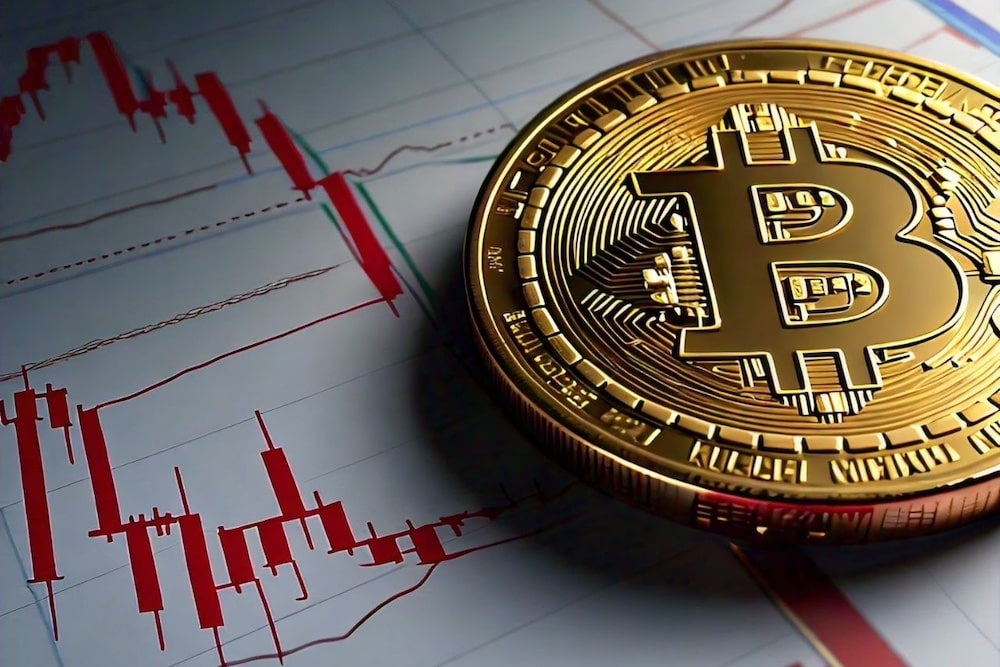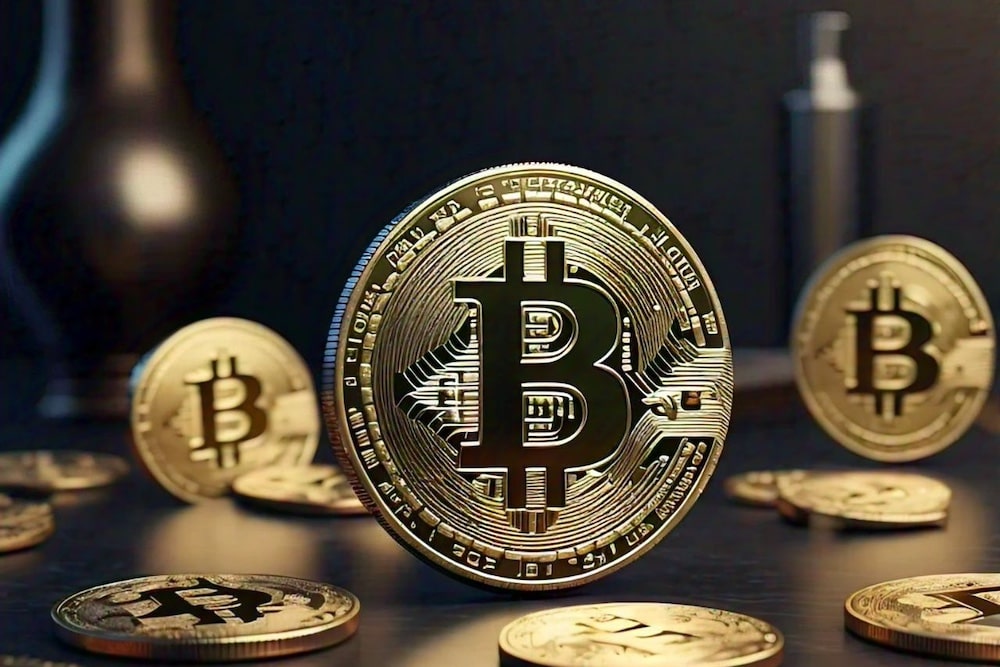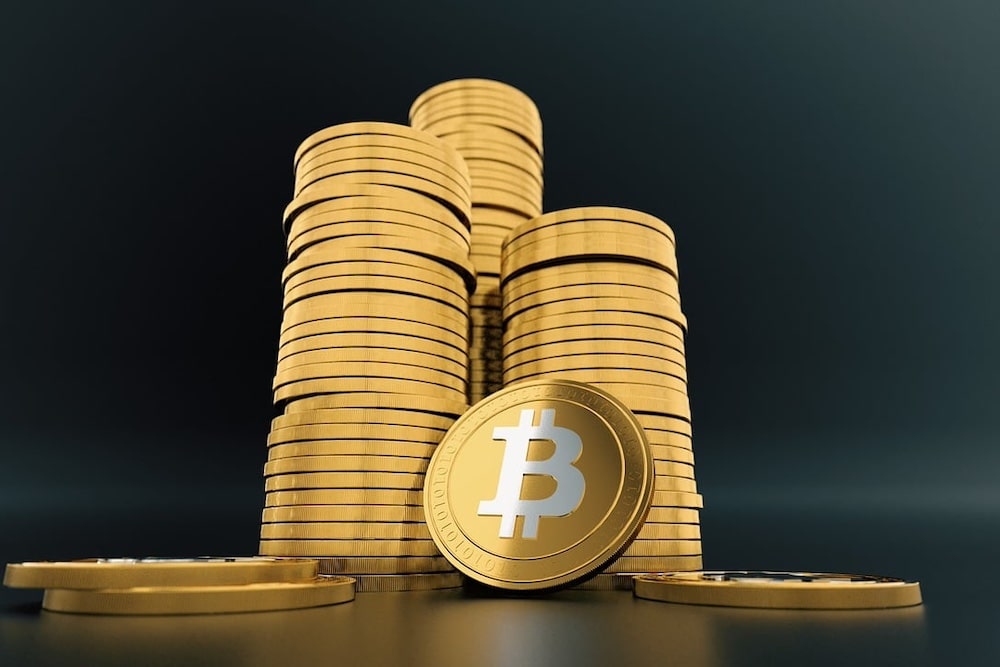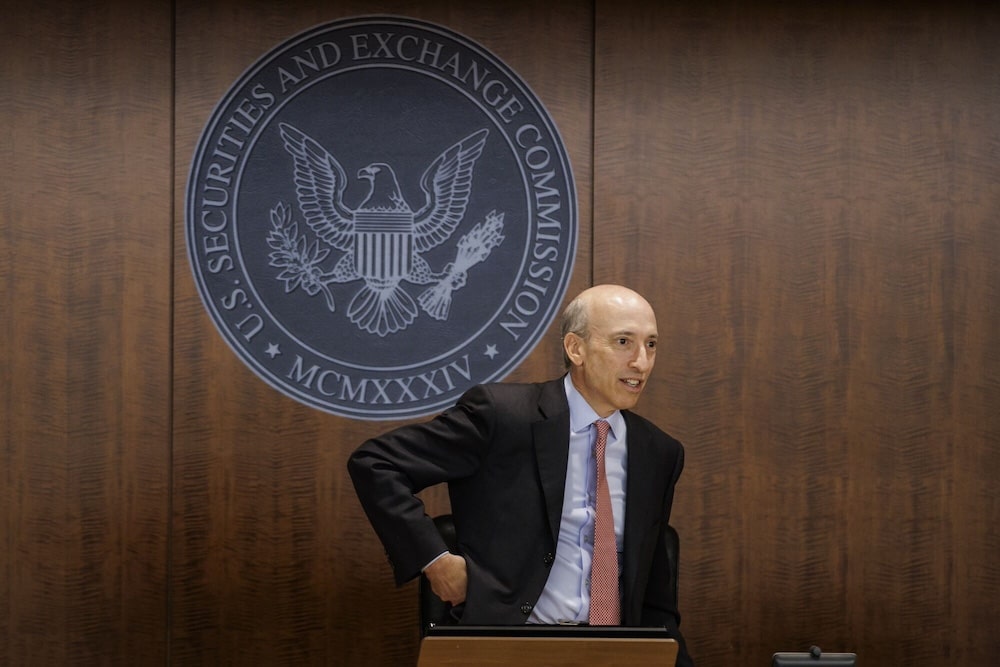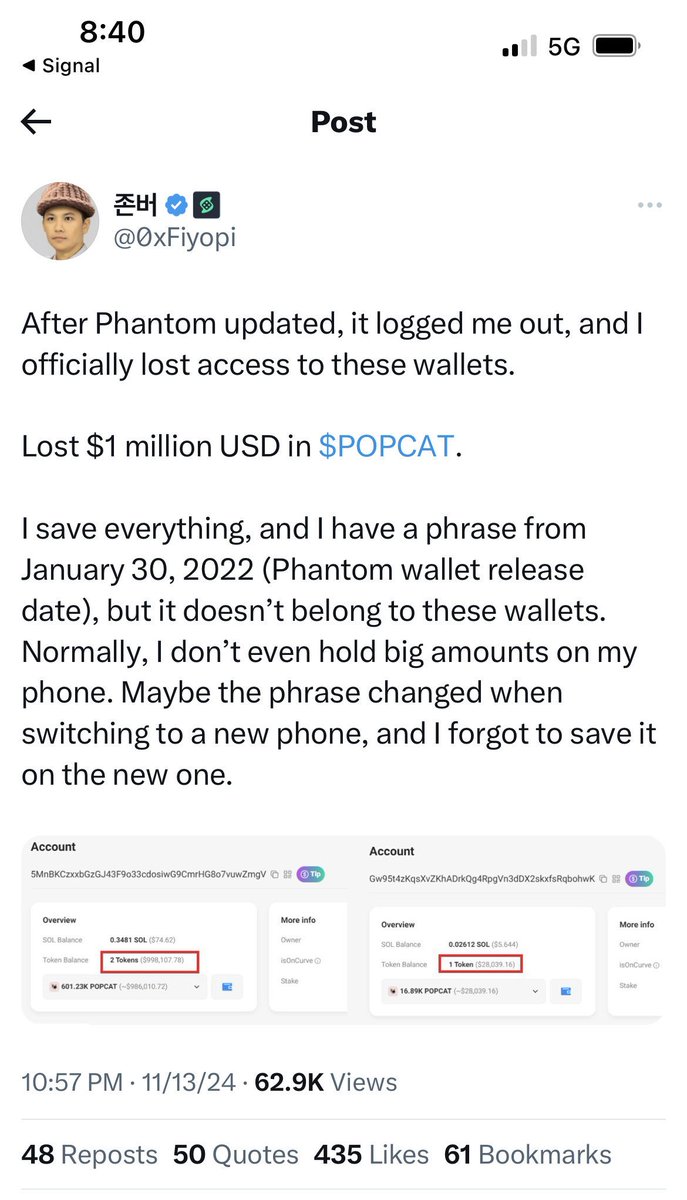The host of CNBC’s “Mad Money” TV show, Jim Cramer, recently endorsed Bitcoin, calling it a winner. However, the public praise did not have the desired effect, as BTC’s price has dropped from $98,000 to $94,500 since then.
Notably, Cramer has had a rollercoaster relationship with Bitcoin. He has gone from skepticism to admitting he was wrong about it and even calling it a technological marvel and that the digital asset is here to stay.
Not the First
Interestingly, the crypto community has historically viewed Cramer’s predictions with skepticism. His track record of making predictions that are later proven wrong has led many to consider his views a contrarian indicator. This means that when Cramer makes a prediction, many traders and investors expect the opposite.
Several instances have occurred where opposite market movements have followed Cramer’s predictions. For example, after he expressed confidence in Bitcoin’s resilience, the crypto’s price unexpectedly dropped below critical thresholds. Similarly, his prediction of a downturn for the pioneer crypto was followed by a surprising 150% rally in 2023.
Cramer’s latest praise for Bitcoin garnered humorous reactions within the crypto industry, with some traders jokingly regarding his statement as a potential bearish signal. The crypto market is generally impacted by macroeconomics; hence, it is only a coincidence that it moves in the opposite direction each time the TV host mentions it.
Cramer Not to be Blamed
The Bitcoin rally has stalled not because of Cramer’s statement but because investors are taking profits from its recent post-election surge, which shot the asset to an over 45% increase. Regarding this, Andre Dragosch, head of research for Europe at Bitwise, said that the Bitcoin rally is expected to take a break in the short term as early investors secure profits.
Mark Novogratz, CEO of Galaxy Digital, also attributed the stall to excessive leverage in the system. He noted that the crypto community is “levered to the gills,” making a price correction inevitable. Meanwhile, despite the crypto’s recent moves, institutions like MicroStrategy and Metaplanet remain optimistic about its long-term prospects as they add more to their portfolio.
